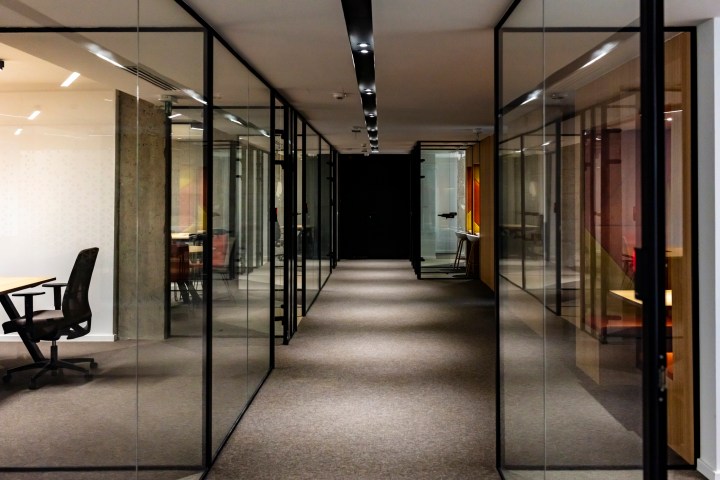
Some big employers are delaying back-to-the-office plans thanks to omicron
Some big employers are delaying back-to-the-office plans thanks to omicron

There’s still a lot that we don’t know about the omicron variant. Nonetheless, its spread has prompted a number of major companies to – once again – push back plans for workers to return to their offices.
Ford announced this week that it will wait a couple more months – until March – to bring back its thirty thousand or so office workers.
Google and Uber have delayed their plans, too.
“It’s tough. When we first started hearing about it, there was this sort of groan from corporate America, like, oh, not again,” said Kate Lister at Global Workplace Analytics, who also said that once again, a lot of companies with remote workers that had been planning to bring them back to the office in January are now pushing those plans off.
“But I think actually kind of a sigh of relief from a lot of the employees. They have seen flexibility, they are looking back at their lives pre-pandemic, and they’re saying, ‘I don’t want to do that again,'” she said.
About 90% of people who’ve been working from home want to keep doing it at least some of the time, according to a recent Gallup survey.
Most people who are looking for new jobs right now want that option, too.
“Fifty-five percent of job seekers on ZipRecruiter say that they would like to find a job that is remote,” said Julia Pollak, chief economist at ZipRecruiter (which is a Marketplace underwriter). She also said there’s a pretty big mismatch in terms of what people want and what’s actually out there.
“Only 10% of the jobs offer that opportunity. And so you see job seekers competing for them very quickly, and largely ignoring the 90% of jobs that require them to come in in person,” she said.
Most people in the U.S. are working in person now at least some of the time: at this point, only about 11% of workers are still remote because of COVID, according to the Bureau of Labor Statistics.
Bhushan Sethi at PwC said companies that have already brought people back don’t seem to be changing their plans.
“So there are companies like financial institutions that have said, ‘We want you back to three days a week’ … they’re continuing to have people come in,” Sethi said.
Figuring out what to do about remote versus in person work is still a tough calculus for a lot of companies, said Jeff Polzer at Harvard Business School.
“Companies are thinking about a number of things in terms of bringing people back to work. One is employee safety. One is real estate, another is, like, what do our employees want?” he said.
And, in this tight labor market, he said where there are a lot of jobs to go around, what employees want matters a lot.
There’s a lot happening in the world. Through it all, Marketplace is here for you.
You rely on Marketplace to break down the world’s events and tell you how it affects you in a fact-based, approachable way. We rely on your financial support to keep making that possible.
Your donation today powers the independent journalism that you rely on. For just $5/month, you can help sustain Marketplace so we can keep reporting on the things that matter to you.

















